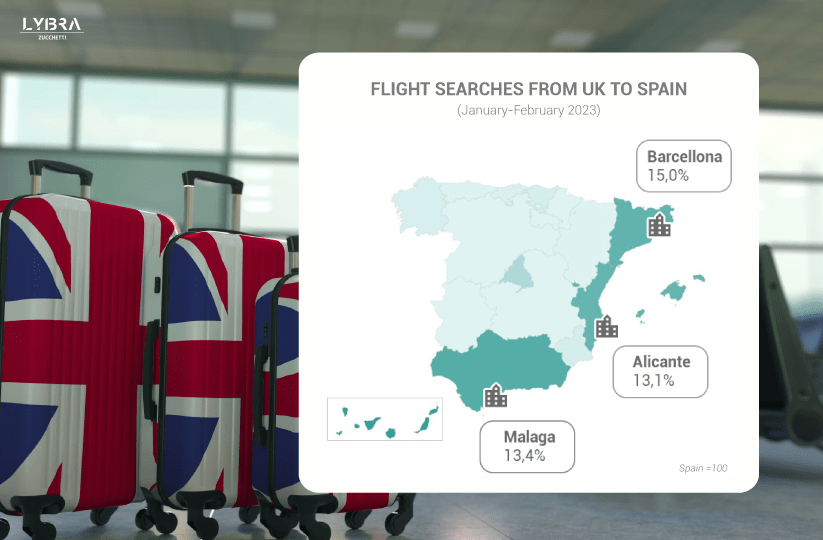This is it, from November 2023 the ETIAS program will finally start: after months and months of postponement, the European Commission has finally announced the launch of ETIAS, the new EU safety management system. The news has not been greeted with enthusiasm by Spain, which fears heavy repercussions on the British tourism market.
WHAT’S GOING ON IN EUROPE?
The European Travel Information and Authorization System (ETIAS) was introduced for the purpose of streamlining visa processing and enhancing security. The system mainly serves to cover the administrative hole formed at the visa waiver stage. Currently, in fact, border and police authorities have little information on travelers crossing the borders of EU countries who do not have to show a visa. This mechanism is not only used to monitor tourist flows, rather it is also designed to identify dangerous individuals, intercept illicit trafficking and emigration flows. Nothing new, really: it is a procedure already active in other countries, such as the United States and Australia.
SPAIN DOESN’T GO FOR IT
While the European Union is completing operations and testing to launch in November, Spain has already raised a lot of controversy. The Spanish Tourism Board (Mesa de Turismo) has called ETIAS a real “threat to their economy (…) and Spanish tourism.”
The reason? Because in order to obtain ETIAS, eligible travelers will have to take some steps before they leave. Basically, register on a dedicated EC portal and pay an amount of $7.00.
According to Mesa, this protocol will have a negative impact especially on the British market.
Why specifically the British? For so many reasons: because it is one of the main Spanish tourist markets, but at the same time the first non-EU market by geographical proximity. And then also because until yesterday these tourists were used to coming and going from the Schengen area without having to pay anything. Beyond Brexit, the hoax: the Spanish are also afraid of seeing English flows reduced as a matter of principle, since some British newspapers speak of ETIAS as “a tax to be paid to Brussels.“
In addition to this, more controversy has risen because according to the European regulation it will be the airports and sea carriers that will be responsible for checking in these travelers. Juan Molas, president of Mesa del Turismo, has sounded an alarm about what the impact of this new tax could be on the British market.
WHAT DO TOURISTS THINK?
Spain’s concerns are understandable, especially in this sensitive recovery year that will be 2023, but we leave it to tourists to tell us how worried they are. To do this, we analyzed flight searches made by Brits for Spanish destinations.
The data shows that in January and February, demand for Spain remained essentially constant: the official announcement of the introduction of ETIAS, which took place around mid-February, had no impact on tourism demand. The growth rate remained stable at +3.4 percent average daily.
In the map above we see the most searched destinations for British tourists: Andalusia, the Costa del Sol, and the archipelagos together received nearly ten million flight searches in January and February, all of which were concentrated for vacations from May to October.
Perhaps it is still early to determine what the impact of this European policy will be on the Spanish market, but we already have some clues. First of all, we do not see any real market contractions because ETIAS was not a last-minute scoop: it was already being talked about during the summer of 2021 and tourists were prepared for the idea of paying this tax. Second, it is true that taxes negatively affect markets, but according to the serious alert launched by Spain, Brits would have to give up traveling throughout Europe in order to avoid paying $7.00 once every three years: that’s very unlikely.










